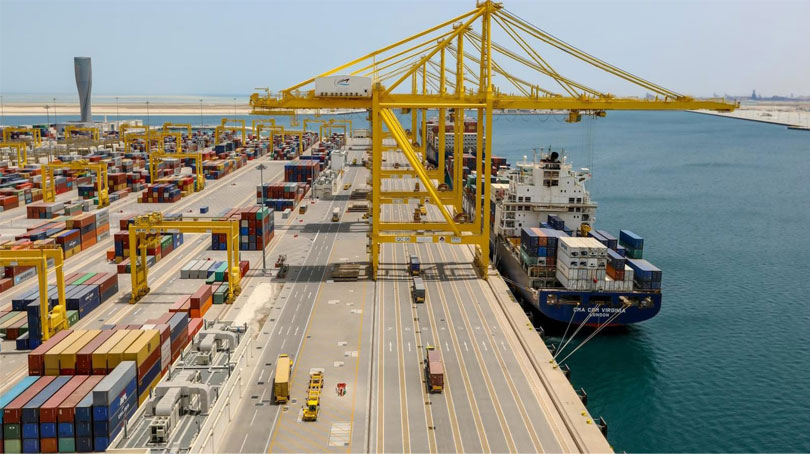 The Nigerian Shippers’ Council (NSC) has lamented that 90 per cent of the cargoes at Lome Port in Togo are bound for Nigeria.
The Nigerian Shippers’ Council (NSC) has lamented that 90 per cent of the cargoes at Lome Port in Togo are bound for Nigeria.
The Director of Strategic Planning and Research, Nigerian Shippers’ Council (NSC), Rotimi Anifowose, who revealed this at a maritime stakeholders’ forum, argued that this diversion reflects the inefficiencies and lack of confidence in Nigerian ports.
Anifowose pointed out the economic losses Nigeria suffers due to diverting cargoes to neighbouring countries, particularly Lome Port, which has significantly expanded in recent years.
“We are losing a significant amount of business to our neighbouring ports. Most of the cargoes in Lome Port are for Nigeria. This is a reality that we must address,” Anifowose lamented.
Anifowose emphasised the centrality of cargo in the growth and efficiency of Nigeria’s maritime industry, urging a unified approach to strengthen port infrastructure and regulatory functions.
He made a compelling case for the critical role of cargo in the nation’s economic prosperity, asserting that ports and ships would be rendered useless without cargo.
Anifowose highlighted that cargo is the driving force behind the operations of ports and ships and the key element that binds the maritime industry together, noting that, without it, ports remain just infrastructure, and ships become mere vessels without purpose.
He called for a collective effort to improve Nigeria’s port facilities and regulatory environment to ensure that importers and exporters regain confidence in the country’s ports.
Anifowose also stressed the need for a concerted effort to ensure that the role of the port economic regulator is fully functional.
He called for establishing robust regulatory frameworks that would ensure the effective facilitation of trade and port efficiency, which are integral to realising the government’s Renewed Hope Agenda.
“If we are talking about port efficiency and effective trade facilitation, the regulatory function must be entrenched,” he added.
Anifowose further emphasised the importance of cooperation across all sectors to achieve the necessary reforms, particularly strengthening Nigeria’s port regulatory functions.
He urged stakeholders to support the Nigerian Shippers’ Council in its ongoing efforts to push for reforms that will enhance the country’s maritime industry and contribute to the success of the Renewed Hope Agenda.
“It is not enough for customers to just be earning revenue. We must create an environment where importers and exporters feel confident using our ports. We need to put our hands on deck,” he concluded.






